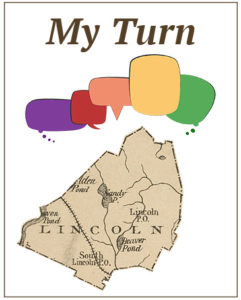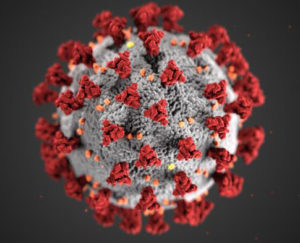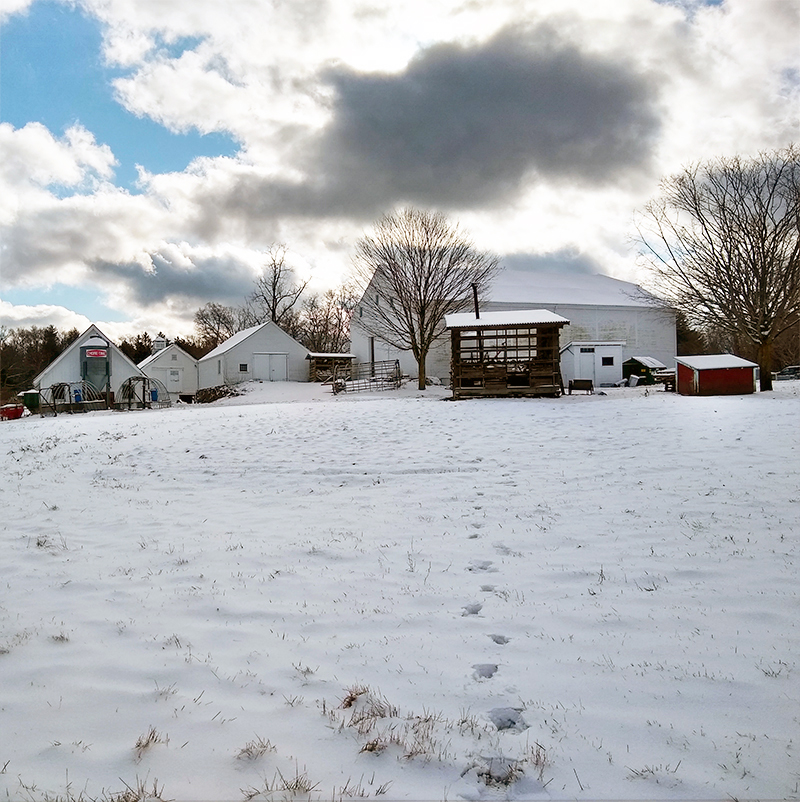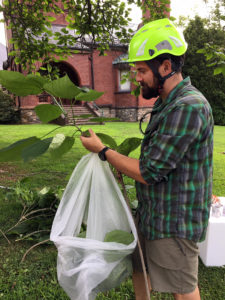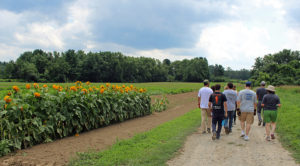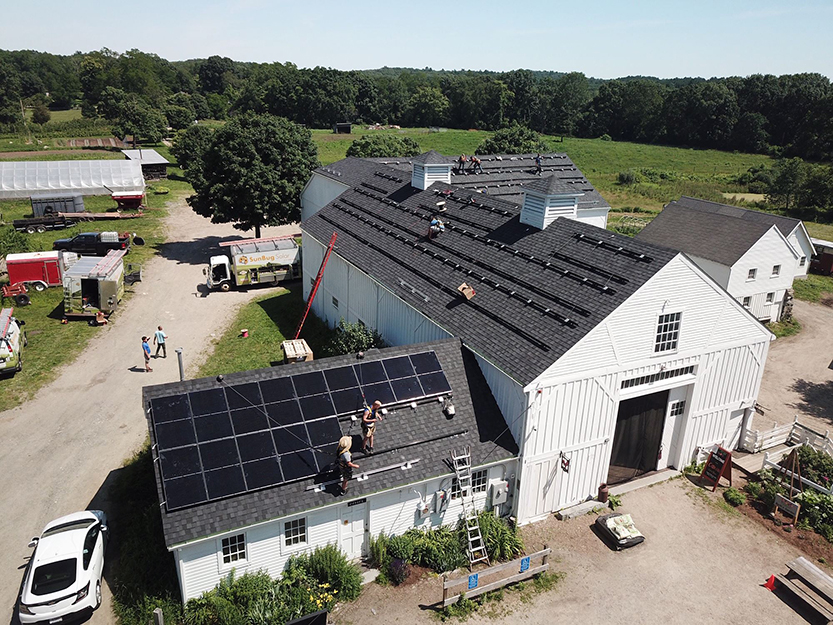By Peter von Mertens
The Food Project, which farms 31 acres of Lincoln conservation land, is hard-pressed during this Covid crisis to carry out their mission. Normally teams of volunteers from corporations, law firms, banks, schools, and other nonprofits would be planting and weeding the carrots, lettuce, tomatoes, and other crops. During the summer months, teams of high school youth would carry on that work as well as picking, washing, sorting, and helping distribute over 250,000 pounds of fresh, organic produce to inner-city hunger relief organizations and farmers’ markets.
Not so this year. The 110 youth — some from cities and some from suburbs — cannot come together due to Covid, and the entire farm work has fallen on a core crew of eight farmers and some of the Food Project office staff.
The Food Project is a powerful anti-racism program as it brings together youth from different racial and ethnic as well as socioeconomic backgrounds, and the youth and staff spend time discussing their biases, experiences and ways to understand and resolve conflicts. Of all the years to miss this kind of learning!
The Food Project has been hard hit financially this year. They were fortunate to have received a Payroll Protection Grant to help them keep key staff employed, but the future is very uncertain. Please consider making a donation at thefoodproject.org. It’s local. It provides high-quality produce to residents of Dorchester, Roxbury, and other areas in greater Boston. And it’s important to keep alive and well through this crisis.
”My Turn” is a forum for Lincoln residents to offer their views on any subject of interest to other Lincolnites. Submissions must be signed with the writer’s name and street address and sent via email to lincolnsquirrelnews@gmail.com. Items will be edited for punctuation, spelling, style, etc., and will be published at the discretion of the editor. Submissions containing personal attacks, errors of fact, or other inappropriate material will not be published.
